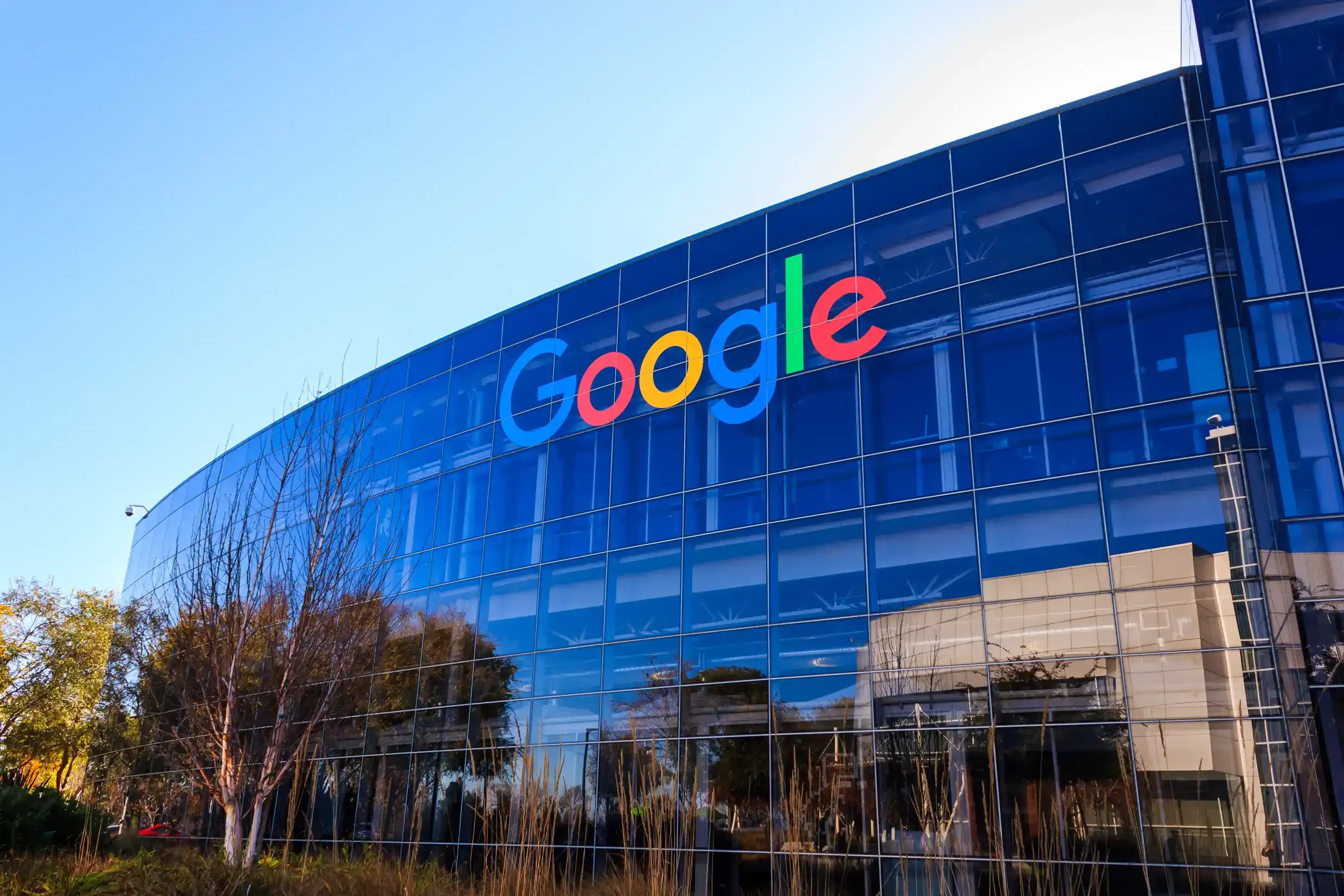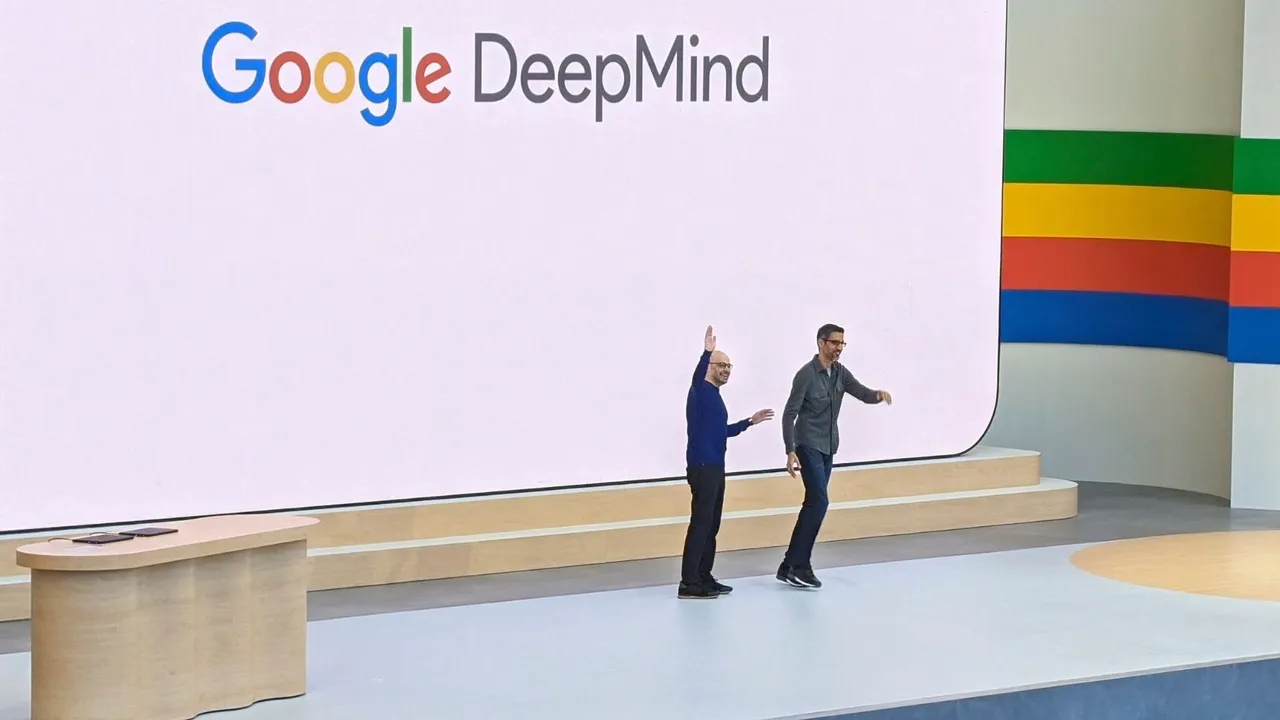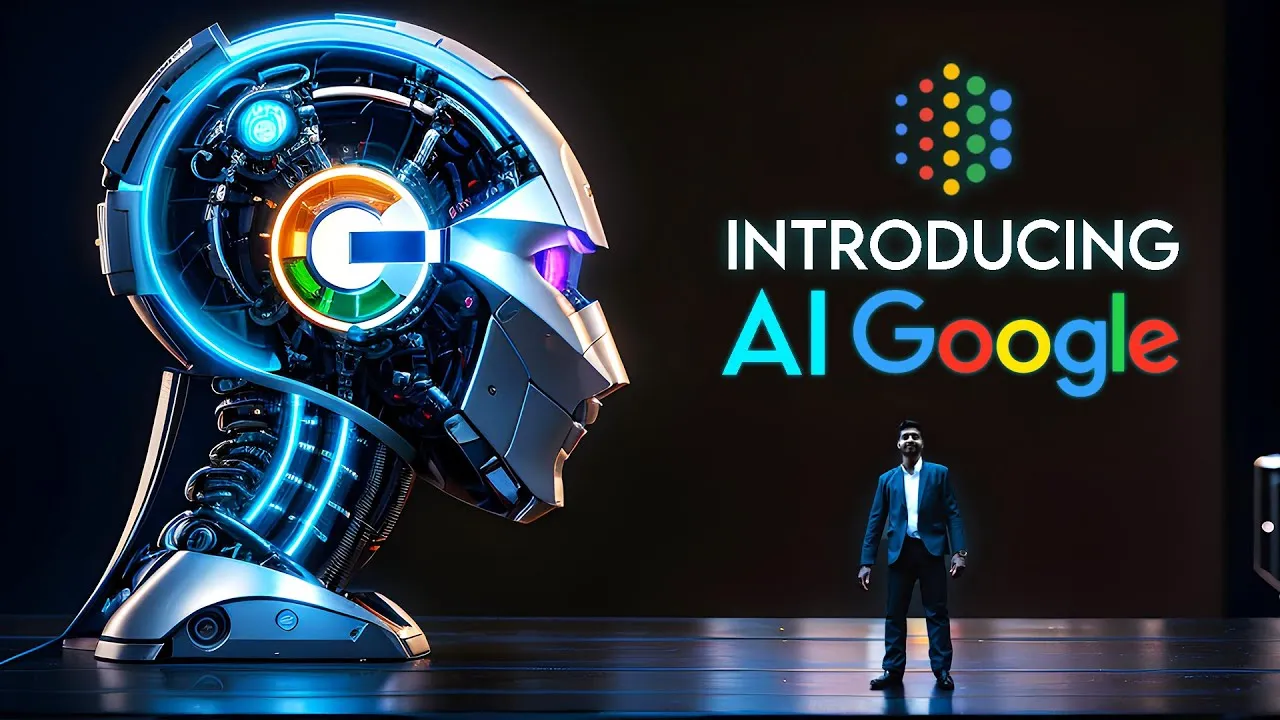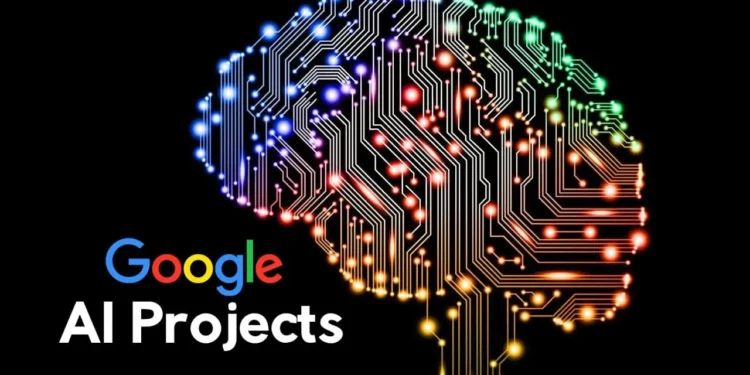Google just made a major move in the AI race — and it’s a big nod to its one-time competitor. DeepMind CEO Demis Hassabis took to X on Wednesday to announce that Google will embrace Anthropic’s Model Context Protocol (MCP), a fast-emerging standard for linking AI models directly to real-world data systems.

“MCP is a good protocol and it’s rapidly becoming an open standard for the AI agentic era,” Hassabis said in the post. “Look forward to developing it further with the MCP team and others in the industry.”
Though the timeline remains unclear, this shift means Google’s Gemini models and SDK will soon tap into the same powerful data-bridging tools that Anthropic has been evangelizing — and it could be a game-changer for developers and businesses alike.
What Is MCP and Why Does It Matter?
At its core, the Model Context Protocol (MCP) is about creating smarter, more capable AI. It gives AI systems like chatbots and autonomous agents the ability to pull in real-time information from business tools, content libraries, and app development platforms — essentially letting models “talk to” external data in a much deeper way.
Think of MCP as the API standard for the next generation of AI. It allows:
– Developers to expose key data using “MCP servers”
– AI apps (or “MCP clients”) to connect and interact with those servers dynamically
– Two-way communication between apps and data sources — not just one-off queries
And it’s already gaining momentum.
Since Anthropic open-sourced the protocol, major names like Block, Apollo, Replit, Codeium, and Sourcegraph have jumped on board, integrating MCP into their platforms.
From Rivalry to Collaboration: A New Era of AI Standards
The fact that OpenAI announced similar support for MCP just weeks ago adds to the significance of Google’s move. In a space often defined by competition, seeing both AI giants — OpenAI and Google — rally behind the same open standard is something of a turning point.
It suggests that the industry is recognizing the importance of interoperability and shared infrastructure in building scalable, trustworthy AI systems. For developers, it means fewer silos and more opportunity to build tools that work seamlessly across platforms.
And for Google, adopting MCP signals a commitment to keeping its AI ecosystem open and future-proof.

Why This Could Change AI App Development Forever
If you’ve ever built an app or workflow powered by AI, you know that data access is everything. Right now, a lot of friction exists when trying to connect AI tools to external systems. But with MCP, that friction could all but disappear.
Here’s what this could unlock:
– AI agents that automatically interact with CRM systems, calendars, or customer support platforms
– Developer tools that let users code side-by-side with AI models trained on real-time repos
– Business apps that draw insights from live financial or operational data, not just static documents
And all of it happens through a shared, open standard that any developer can use.
Google’s Gemini Models Are Poised for a Major Upgrade
For Google’s Gemini models, supporting MCP isn’t just a technical update — it’s a strategic one. By joining the growing ecosystem around this protocol, Gemini gains a much broader reach across industries and developer stacks.
From customer service chatbots that sync with internal ticketing systems to productivity tools that can automate repetitive business tasks, Gemini could soon be powering a wave of intelligent, data-aware applications.
“MCP is a foundational step in making AI truly agentic,” said one developer in the open-source community. “It’s what will allow models to stop hallucinating and start working.”
That vision is now closer than ever — and Google’s decision to back MCP may supercharge adoption across the enterprise space.
An Industry-Wide Shift Toward Open AI Infrastructure
This is more than just a protocol — it’s a statement. AI is moving beyond closed systems, and major players are waking up to the fact that success in the next AI wave depends on collaboration, not just innovation.
As more companies adopt MCP, the pressure will be on other holdouts to follow suit or risk being left out of an increasingly interoperable AI landscape. The real winners here? Developers and users — who’ll soon be working with smarter tools that understand their data, context, and needs in real time.

With OpenAI already on board and the developer community embracing MCP with open arms, Google’s decision feels less like a gamble and more like a logical next step in a rapidly evolving AI arms race.
By throwing its weight behind a shared protocol, Google isn’t just keeping up — it’s helping shape the future of how AI models connect with the real world. And for anyone building the next generation of intelligent tools, that’s news worth paying attention to.










